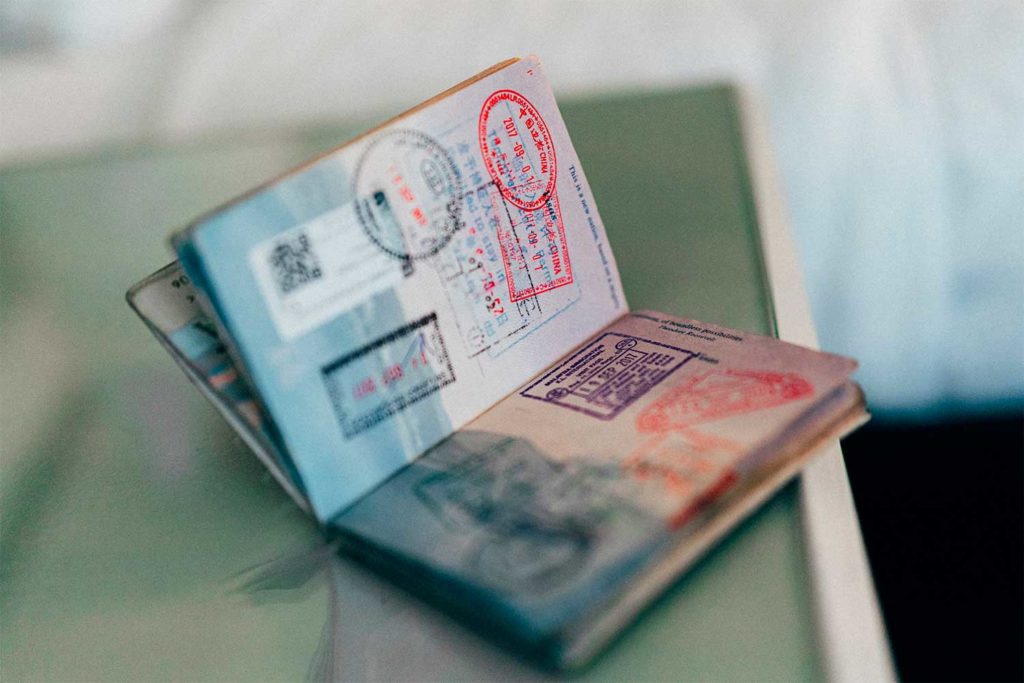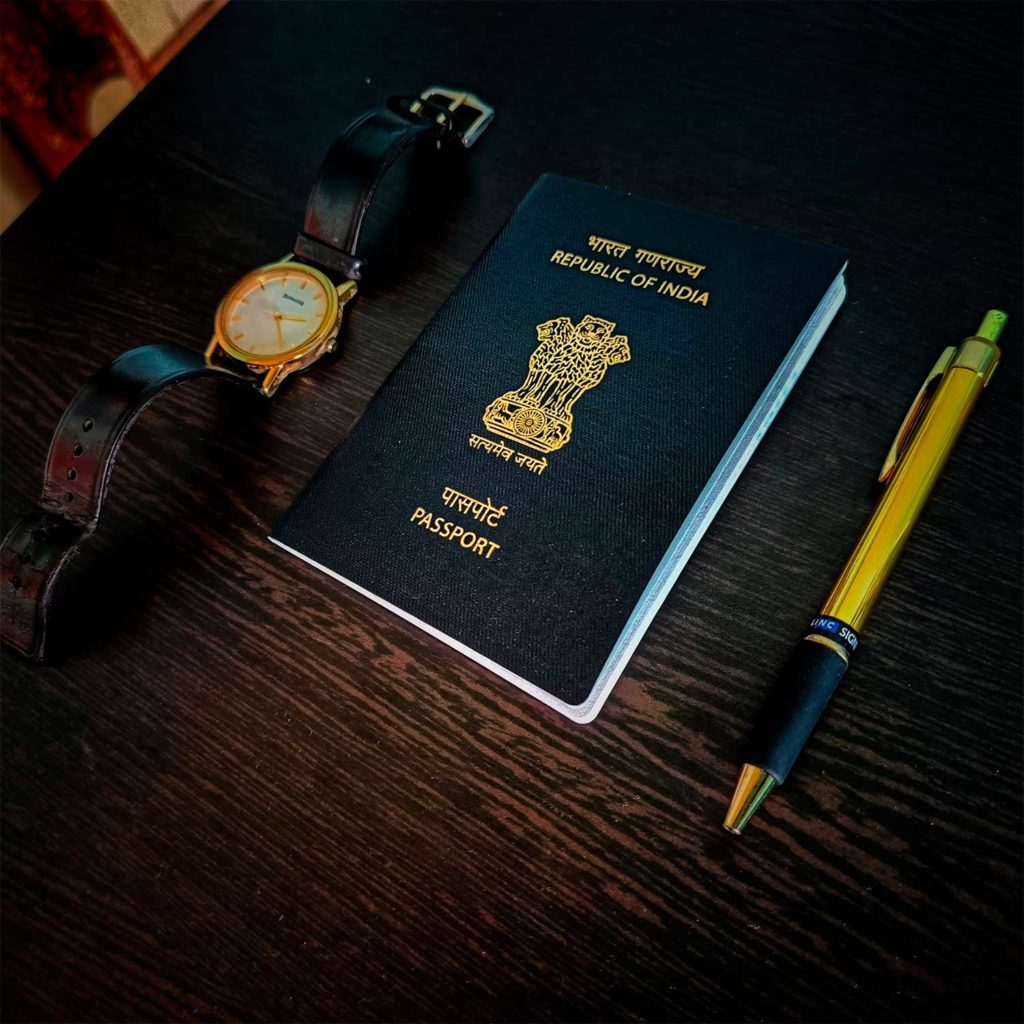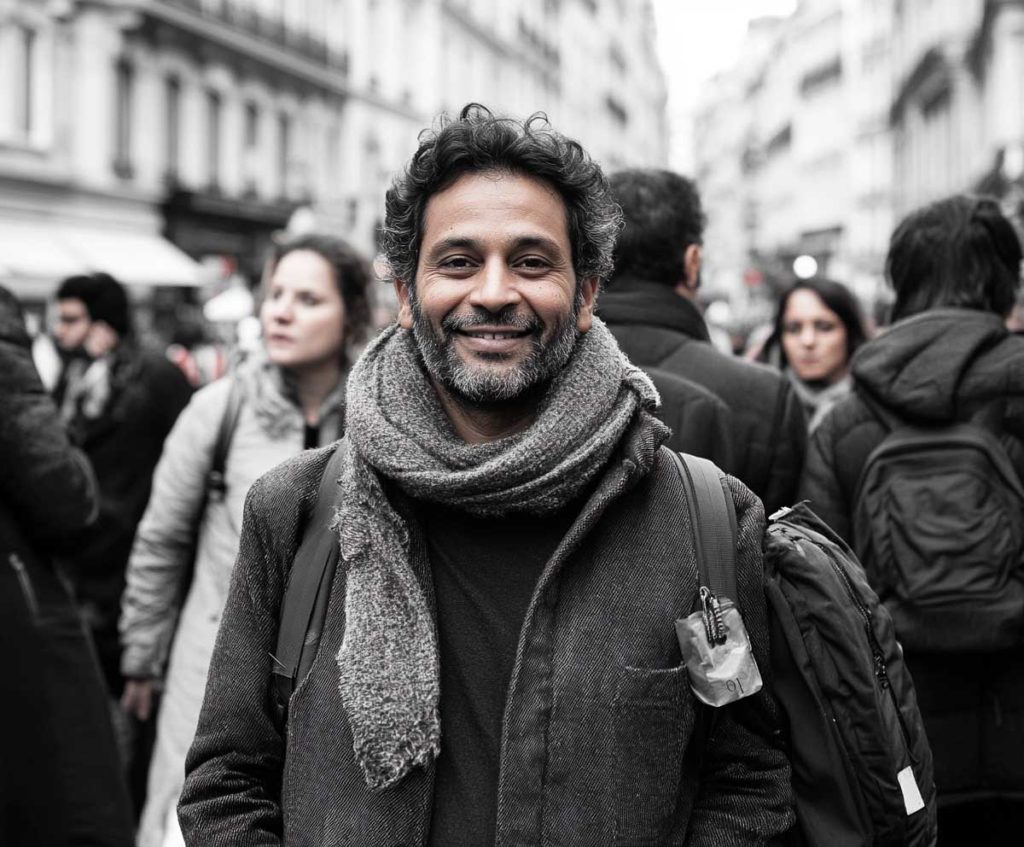Understand the France visa process for Indian tourists, required documents, travel tips, and key regulations for visiting France from India in 2025.
A clear guide for Indian citizens travelling to France
For Indian passport holders, France remains one of the most visited destinations in Europe. Whether for tourism, family visits, or short stays, understanding the formalities for Indian tourists is essential. France, as part of the Schengen Area, imposes specific entry requirements on Indian nationals. In 2023, over 700,000 Schengen visa applications were submitted by Indian citizens. France ranks high among the destinations applied for, but a significant portion of applications are either delayed or refused due to incomplete documentation or misunderstanding of procedures.
Despite the digitalisation of consular processes, the procedure to obtain a France tourist visa from India remains formal and document-heavy. This is not simply a formality but a demonstration of intent, solvency, and purpose. The Schengen visa is not a right; it is granted at the discretion of the consulate based on objective criteria.
Tourists from India must plan well in advance, taking into account the appointment lead time (4 to 8 weeks during peak season), processing time (minimum 15 calendar days), and visa validity (generally 90 days within a 180-day period). Many Indian travellers mistakenly assume that presenting hotel bookings and return flight tickets is sufficient. In reality, consular officers assess financial capability, insurance coverage, employment situation, and travel history.
Understanding France visa requirements for Indians avoids delays, refusals, or wasted bookings. In this article, we detail the key steps and documents, and offer practical observations based on current regulations, for those asking: can Indian tourists visit France without visa?


The France tourist visa process for Indian passport holders
The types of visa applicable to Indian travellers
Indian citizens must apply for a short-stay Schengen visa (type C) when visiting France for tourism. This visa allows stays of up to 90 days within a 180-day period. There is no visa-free regime between India and the Schengen Zone.
Contrary to common assumptions, the visa must be applied through France-Visas, the official French government platform, before submitting biometrics and documents via VFS Global centres in India. Visa fees for adults are currently €80 (₹7,200), while children aged 6–12 pay €40. These fees are non-refundable, even if the visa is denied. An additional VFS service fee of ₹1,600 applies.
If the main destination of the trip is France (i.e. the longest stay or primary purpose), the application must be made under French jurisdiction. If multiple Schengen countries are visited equally, the first point of entry determines which country handles the visa.
Appointment delays and submission bottlenecks
The France visa application process from India suffers from seasonal bottlenecks. Between April and August, most appointment slots in major Indian cities such as Mumbai, Delhi, and Bengaluru are fully booked weeks in advance. For this reason, Indian applicants are advised to apply minimum 30 to 45 days before departure.
No walk-ins are allowed. All steps must be pre-registered, and failure to bring printed appointment letters or required originals leads to refusal of entry into VFS centres. Common delays arise when documents are submitted in regional languages without certified English or French translations.
The required documents and conditions to fulfil
Core documentation and compliance with Schengen standards
To apply successfully, Indian travellers must present a full file of documents required for France tourist visa from India. This includes:
- Valid passport (issued within 10 years, with at least two blank pages and three months validity after departure from the Schengen area).
- Visa application form, filled and signed.
- Passport-sized photo (35x45mm, recent, white background).
- Proof of accommodation (hotel bookings or invitation from a host with attestation d’accueil).
- Travel itinerary including round-trip flight reservations.
- Travel insurance with minimum coverage of €30,000 valid in Schengen Area.
- Proof of financial means: Recent 3 to 6 months of bank statements, income tax returns, payslips or proof of business.
- Cover letter explaining the trip purpose, dates, and schedule.
- Proof of employment or enrolment, such as work letter or student ID.
Bank statements with low balance, unexplained transactions, or signs of overdraft often result in rejections. The French consulate requires proof of €65 per day per traveller. For stays with accommodation provided by friends or family, this is lowered to €32.50 per day, but must be proven by the host.
Fraud detection and refusal rates
Visa refusals are not uncommon. In 2022, France refused around 18% of Indian applications. Red flags include inconsistent documents, fake hotel bookings, unclear financial sources, and fabricated employment details. All information is cross-verified with digital tools and through Schengen-wide databases.
The common pitfalls and travel realities
Misconceptions and the limits of tourist status
One common misunderstanding is the belief that the Schengen visa allows unrestricted movement across Europe. While technically true, this is monitored. Border authorities may request proof of funds, accommodation, and insurance even after visa issuance. Many Indian tourists have been denied boarding at airports for failing to show onward proof or sufficient funds.
Another issue concerns Indian nationals applying for a France tourist visa from India while planning to visit other countries more extensively. This is considered a misuse of visa jurisdiction and can affect future applications.
Tourist visas cannot be converted into student or work visas while in France. Indian travellers must leave the Schengen Area before the visa expires. Overstays lead to future bans, even for minor infractions.
Entry checks and biometric data usage
Upon arrival in France, travellers undergo passport checks. Border agents may ask to see the same documents as those provided during the visa process. Since 2015, biometric data (fingerprints and facial photo) are stored for 59 months. Subsequent visa applications may be simplified if biometric data remain valid.
Children under 12 are exempt from biometrics, but must still attend VFS for photo capture.


Practical tips for Indian tourists travelling in France
Local norms, transportation and safety
Once the visa is granted and the journey begins, Indian tourists should prepare for practical aspects of travelling in France. Urban transport is reliable but differs significantly from Indian systems. Tickets for metros and buses must be validated at entry and carry fines of up to €50 if skipped.
Restaurants and cafés follow strict service hours. Tipping is optional but appreciated. Supermarkets close early, particularly in small towns. Indian travellers unfamiliar with these norms should plan accordingly to avoid inconvenience.
Mobile access and payment systems
Foreign debit and credit cards are accepted widely. Still, it is advisable to inform your Indian bank about international usage to prevent blocking. Prepaid SIM cards with 4G access (e.g. Orange or SFR) cost between €15–€30 for 10 to 20 GB.
Scams targeting tourists exist, particularly in Paris and near major landmarks. Common ones include fake petitions, friendship bracelets, or donation scams. These are easily avoided with basic caution.
Public behaviour is regulated by codes. Speaking loudly in enclosed spaces or skipping queues is frowned upon. Security forces conduct visible patrols in stations and airports.
If you have any questions, do not hesitate to drop us an email.
XperienceFrance is your travel specialist in France.
